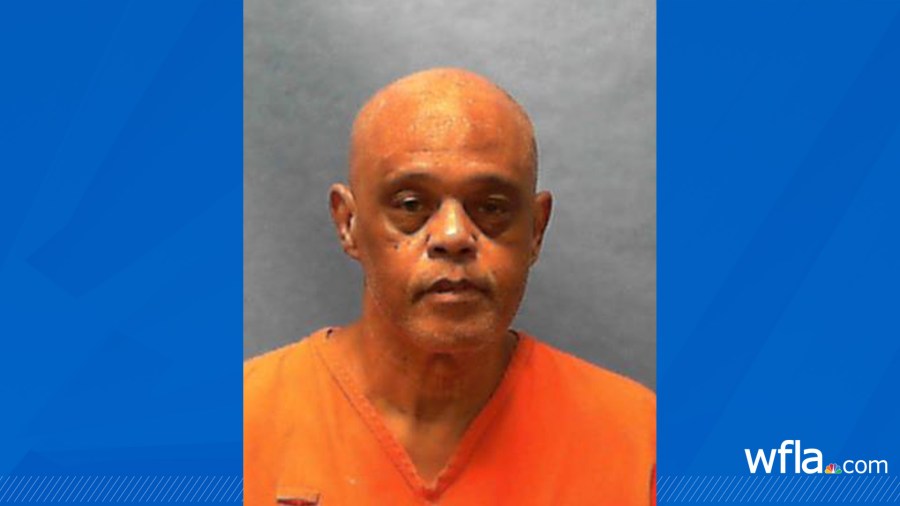A Tragic Case and a Long-Awaited Execution
The long journey of justice for a tragic murder case has reached its final chapter. After spending over four decades on death row, a Florida man’s execution has finally been set. This marks the end of a painful chapter for the victim’s family and the community that has followed the case for years.
The Crime That Shook the Community
In 1982, Renee White, a 23-year-old woman from Lynn Haven, was brutally murdered. She was working at a local insurance office when Kayle Barrington Bates, then a paper deliveryman, targeted her. According to reports, Bates had previously delivered papers to the office and had developed an obsession with White.
On the day of the crime, Bates attacked White while she was at work. He used a hunting knife to stab her twice before dragging her body into a wooded area behind the insurance office. Despite her efforts to fight back, White could not escape the violence that took her life.
Conviction and Sentencing
Following the murder, investigators quickly identified Bates as a suspect. In 1983, a jury found him guilty of first-degree murder. The court sentenced him to death, marking the beginning of his long stay on death row. Over the years, Bates’ case went through numerous appeals and legal challenges, which delayed the execution for decades.
The Final Steps Toward Justice
After more than 40 years, the execution of Kayle Barrington Bates is now set for August 19, 2025, at 6 p.m. Governor Ron DeSantis signed the death warrant on July 18, 2025, officially confirming the date. This decision brings a sense of closure to the victim’s family and the community that has waited for justice for so long.
For many, the execution is seen as a necessary step in the pursuit of justice. However, it also raises questions about the effectiveness of the criminal justice system and the long-term consequences of capital punishment. Some argue that the lengthy process of appeals and delays can be emotionally and financially draining for the families involved.
The Impact on the Victim’s Family
Renee White’s family has endured a lifetime of grief and uncertainty. For them, the execution represents a long-awaited moment of peace. The emotional toll of waiting for justice to be served cannot be overstated. Many family members have spoken about the pain of losing a loved one and the difficulty of watching the legal process unfold over such a long period.
Despite the passage of time, the memory of Renee White continues to live on. Her story serves as a reminder of the importance of safety, justice, and the need for compassion in the face of tragedy.
Reflections on the Case
The case of Renee White highlights the complexities of the criminal justice system. While the execution is a significant milestone, it also underscores the need for reforms and improvements in how cases are handled. Advocates for criminal justice reform often point to cases like this as examples of the system’s flaws and the need for change.
As the execution date approaches, the community is preparing for a moment of reflection and remembrance. The event will serve as a reminder of the human cost of crime and the importance of seeking justice, no matter how long it takes.
For those who knew Renee White, the execution is not just a legal proceeding—it is a deeply personal moment that brings together family, friends, and the broader community in mourning and in hope for a future free from such tragedies.







